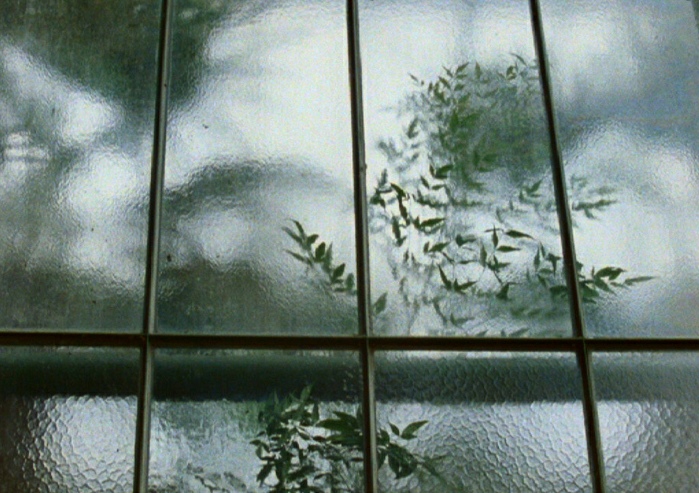Press Release
The group show Orangerie der Fürsorge (Orangery of Care) takes potted plants as its point of departure to interconnect ecological, feminist, and postcolonial issues. Grouped around a site-

International Archives 2nd half of 2024
Orangery of Care
nGbK, Berlin (Germany)
12.09 - 17.11.2024

House plants are entangled in the colonial history of botanical gardens and the industrial destruction of habitats, but also in privatized practices of life preservation. Today, as in the bourgeois culture of the nineteenth century, the domesticated forms of displaced plant species are still treated as status symbols. Looking after ficuses elasticas, monsteras, and yuccas is viewed as unpolitical housework. Rethinking the coexistence of humans and plants means questioning the fetishization and exoticization of plants, as well as their role in the naturalization of (post-
How does the health of plants reflect human behavior? How are encounters with plants influenced by (post-
With these questions in mind, the artist group PARA has conceived a greenhouse that gives an account of households and offices as spaces animated by plants, speculates on their virtual survival, and makes use of the principle of friendship for plant propagation. Members of PARA form the nGbK work group developing the exhibition. The curatorial concept for the “Orangery of Care” is based on their installation: In the group show, video-
Works by Anne Marie Maes and Margarita Maximova, Bethan Hughes, Marlene Heidinger, Hoda Tawakol and Sophie Utikal examine the basic conditions of life, limits on resources of care, and constructions of nature and femininity. Films by Jesse McLean and Rob Crosse explore the various types of care required by plants that cohabit with humans, and systems of mutual support, while Jana Kerima Stolzer & Lex Rütten question the technical manufacturability of artificial nature via idealized notions of biohacking. Samir Laghouati-
The accompanying program of events and outreach consists of performances, talks, and activations of the space, and also takes the biodiversity of the surrounding cityscape into consideration.
Exhibition with works by Rob Crosse, Marlene Heidinger, Bethan Hughes, Dunja Krcek, Samir Laghouati-
Exhibition 12 September -

© ArtCatalyse International / Marika Prévosto 2024 All Rights Reserved
Shrin Sabahi, Muted Fanfare for the Shy (still), 2013. Courtesy of the artist & VG Bild-
